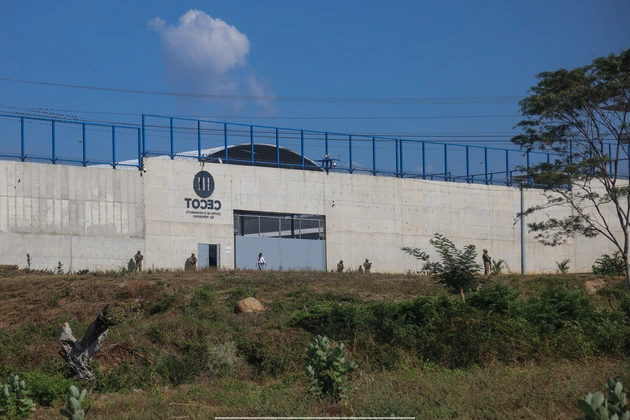
In a significant legal development, a federal judge has supported President Trump’s invocation of the Alien Enemies Act to facilitate deportations. The case involves the deportation of individuals from Venezuela linked to a criminal gang known as Tren de Aragua.
The ruling by U.S. District Judge Stephanie Haines in Pennsylvania marks a rare victory for the Trump administration’s aggressive deportation efforts. However, the decision also highlights the need for due process and legal challenges for individuals targeted under the Alien Enemies Act.
The Historical Context of the Alien Enemies Act
Originally passed in 1798, the Alien Enemies Act was intended to address military threats during times of war. Judge Haines justified the application of this historical law to modern circumstances, likening the gang Tren de Aragua to past military incursions that the law was designed to counter.
While some other district courts have questioned the government-backed nature of the alleged ‘incursion,’ Judge Haines upheld Trump’s interpretation. Nevertheless, she emphasized the importance of providing individuals targeted under the Act with adequate time and opportunity to challenge their deportations.
Legal Implications and Challenges
The ruling sets the stage for potential conflicts among district courts, likely necessitating higher court interventions. The requirement of a 21-day notice period for legal challenges poses a significant obstacle to the swift deportations sought by the administration.
Despite intelligence assessments casting doubt on the direct ties between Tren de Aragua and the Venezuelan government, Judge Haines deferred to Trump’s national security rationale for designating the gang as a terrorist organization. This decision underscores the complexities of balancing national security interests with individual rights.
Looking Ahead: Legal Disputes and Resolutions
As the legal landscape around the Alien Enemies Act continues to evolve, questions remain about its proper application and the extent of presidential authority in deportation cases. The diverging opinions among judges signal a need for clarity and consistency in interpreting this seldom-used law.
Ultimately, the intersection of national security concerns, legal rights, and due process requirements will shape the ongoing debate over the use of the Alien Enemies Act for deportations.











